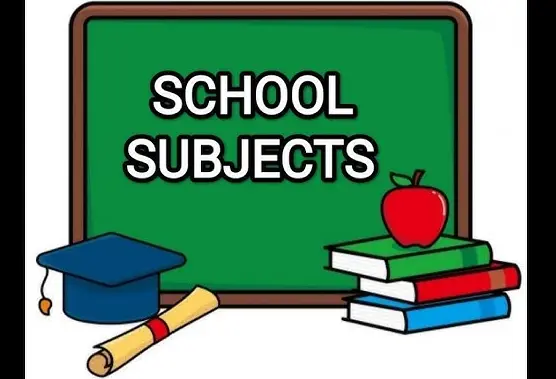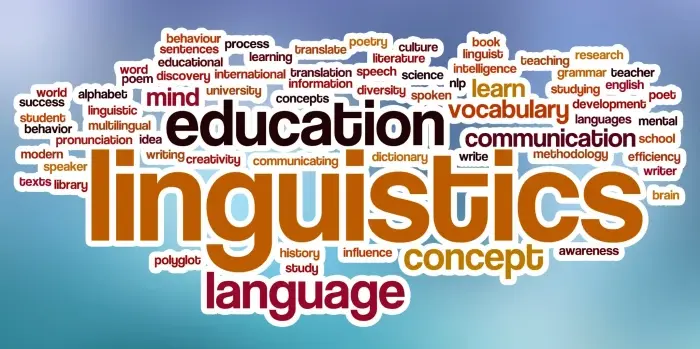Exploring the Longest School Subject Name: A Journey of Knowledge and Curiosity Positive

The issue of the longest school subject name is intriguing and may be entertaining at the same time! Say your instructor says, “Today we’re diving into the Philosophy of Language and Linguistics,” as you’re seated in class. I know, it sounds amazing. This study examines how language influences our society and thinking in addition to its subtleties. It’s as if the words we use on a daily basis have a secret magic!
Studying a topic with such a long name might encourage pupils to value the breadth and depth of their studies. Every word has a purpose and encourages investigation into the realm of communication. This subject brings up a lot of interesting conversations, from debating philosophical notions about language to comprehending grammatical rules. In order to find out why the longest school subject name is so unique, let’s explore the world of language lovers and the curious alike!
The Longest School Subject Name: A Deep Dive into Linguistic Complexity
Understanding the Subject
The longest school topic, “Philosophy of Language and Linguistics,” piques the interest of both teachers and students. This topic combines two intriguing disciplines of study: linguistics, the scientific study of language, and philosophy, which addresses basic concerns about existence and understanding. When combined, they offer a rich tapestry of research that explores the ways in which language affects our perception of reality.
The study of philosophy of language explores important issues like “What is meaning?” and “How do words represent reality?” Students study the views of well-known philosophers who have been thinking about these issues for centuries. This portion of the course fosters critical thinking as students examine the functions of language in both philosophical debate and daily life.
However, linguistics offers the instruments needed to examine linguistic systems and structures. Students learn about phonetics, grammar, and syntax and get an understanding of how languages work. With this combination, students may understand the intricacies of language and how it affects human interaction in addition to its beauty.
The Importance of Language
Language influences our identities, civilizations, and ways of thinking in addition to being a tool for communication. Students who comprehend linguistics and philosophy of language are better able to appreciate the power that words have. Each language provides a distinct perspective on the world, and this course instills in pupils an appreciation for linguistic variety.
Students discover how meaning is influenced by cultural circumstances as they study various languages. For instance, some expressions may have great cultural meaning in one context but not necessarily in another. This investigation develops empathy and a respect for different viewpoints, strengthening cross-cultural communication abilities that are crucial in today’s interconnected world.
Additionally, language studies inspires pupils to consider their own linguistic patterns. Students get a greater understanding of subtleties in expression and meaning by examining how they use language on a daily basis. Through self-reflection, they may develop better communication skills that will enable them to express themselves more effectively and clearly in a variety of contexts.
Curriculum Highlights
A philosophy of language and linguistics curriculum often covers a wide range of fascinating subjects. The fundamentals of phonetics and phonology, which teach how sounds are made and heard, could be taught to students first. Gaining a comprehension of more intricate language structures and their impact on communication requires having this fundamental information.
As the course develops, students investigate pragmatics and semantics. Whereas pragmatics concentrates on usage and context, semantics deals with meaning in language. This differentiation aids students in understanding how context and speaker purpose may alter meaning. These subjects are frequently accompanied with interactive exercises and real-world examples, which adds to the learning process’ vibrancy and relatability.
Students may also have conversations on the function of language in society. Language-related issues including dialects, language policy, and language change may spark interesting discussions that help students consider the social consequences of language use. Their comprehension of how language influences society systems and not only reflects culture is improved by these talks.

The Impact on Critical Thinking
Studying the topic with the longest name in school fosters critical thinking abilities outside of the classroom. Students must constantly examine, synthesize, and evaluate information due to the complexity of language. Their ability to reason more effectively and take a multifaceted approach to problems is enhanced by this mental workout.
Students are prompted to confront presumptions and common thinking through philosophical conversations about language. They get the ability to clearly state their positions and provide logical justification for them. In addition to improving their arguing abilities, this practice gets students ready for future academic and professional pursuits where effective communication is essential.
Additionally, the gathering and processing of data in linguistics research develops analytical abilities. Students might study linguistic trends in texts or perform surveys on language use. In addition to making learning interesting, this practical method gives students important research skills that they may use in a variety of professions, from marketing to the social sciences.
Real-World Applications
There are several disciplines in which the information acquired from studying linguistics and philosophy of language is useful. Understanding language development is essential for anybody interested in a career in teaching. By incorporating linguistic concepts into their lesson plans, teachers may provide students with greater support as they traverse the challenges of language learning.
In domains such as advertising and marketing, language proficiency may greatly improve communication tactics. Experts in these fields gain from understanding how language shapes consumer behavior and how to create messages that appeal to a variety of groups. This realization may result in more successful marketing initiatives and solidified brand ties.





